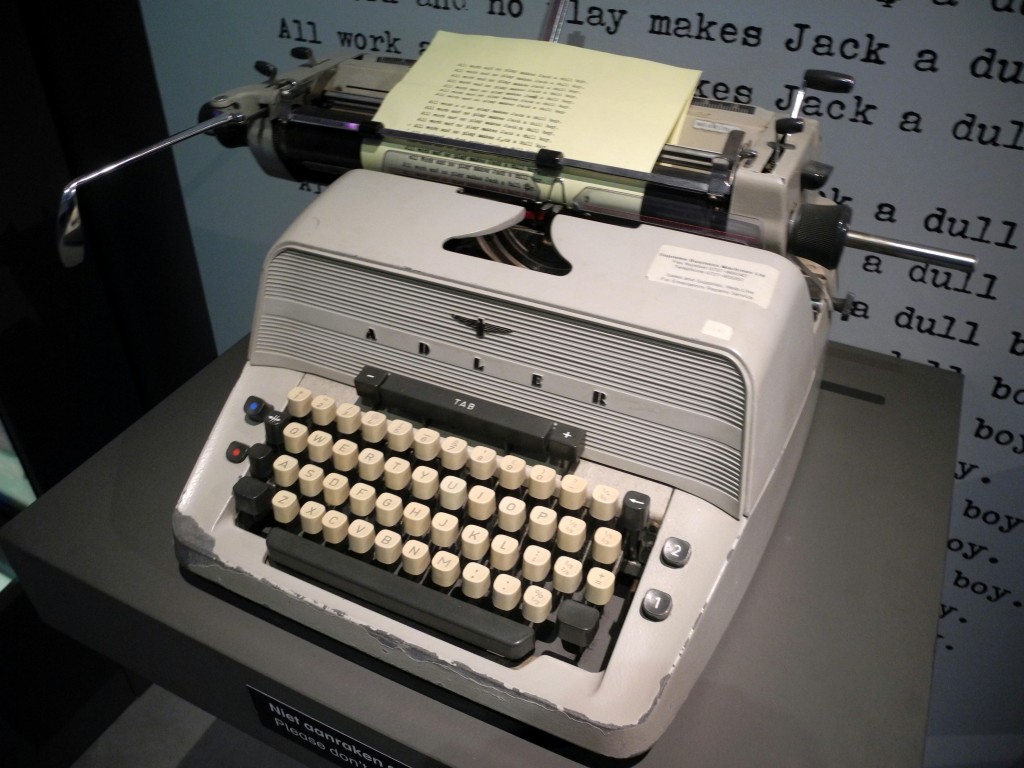 What does classical music composed in the wake of World War II and the attempt to grapple with massive death and human cruelty have to do with a popular horror film from 1980? Quite a lot as it turns out.
What does classical music composed in the wake of World War II and the attempt to grapple with massive death and human cruelty have to do with a popular horror film from 1980? Quite a lot as it turns out.
I should have known this, but to my pleasant surprise I just listened to a piece online at NPR by Arun Rath titled “A Sound of Fear, Forged in the Shadow of War,” where he discusses the music of Polish composer Krzysztof Penderecki that is incorporated into Stanley Kubrick’s The Shining. Even if you’ve never heard of Penderecki, you will be familiar with the eerie music of his Utrenja or Polymorphia that add to the horror of the film. It turns out the real inspiration for their horror is not a silver screen adaptation of a novel by Stephen King, but instead a Christian composer wrestling with the human carnage of the Second World War. As Rath says in the NPR piece:
Penderecki is not Jewish — he’s not a survivor — but he is Polish. Auschwitz is basically in his backyard. A devout Christian writing authentically liturgical music, Penderecki seems to be wrestling directly with the question of how you can make peace with God after such horrors.
Given my interest in genre film and television scores I’m surprised this musical factoid evaded my awareness until now. The points of connection between horror film, the grotesque violence of war, and Christian liturgical music (related to Orthodox Easter celebrations of the death and resurrection of Christ) coming to grips with theodicy are fascinating.
Related post:





There are no responses yet